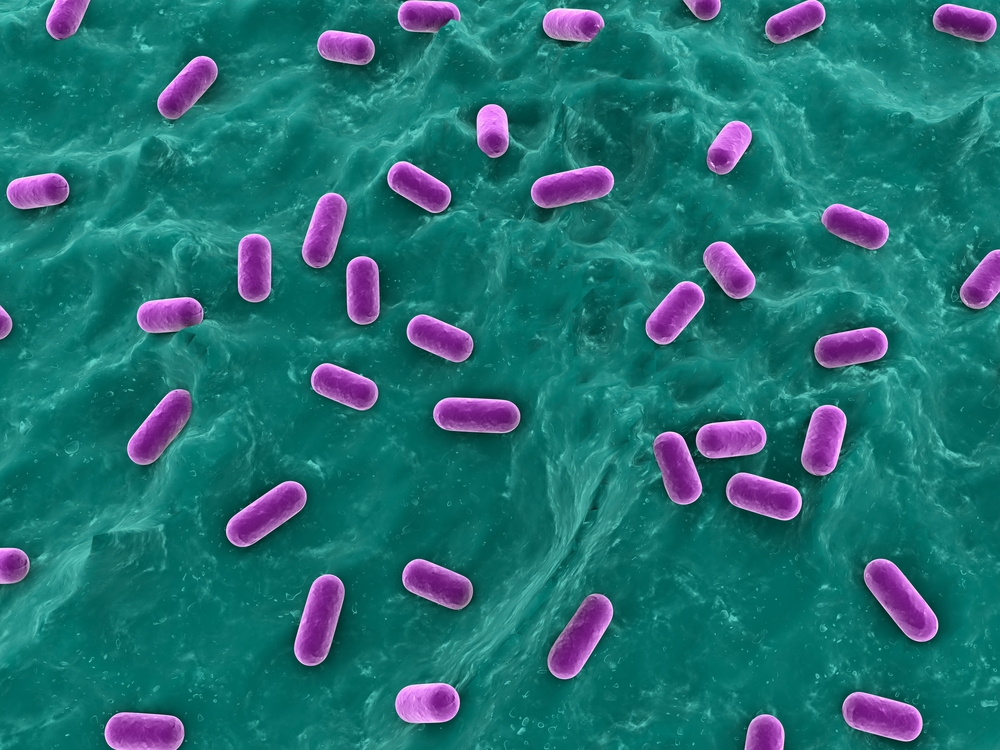In a recent study, Canadian and U.S. scientists investigated the effects of Pseudomonas aeruginosa lasR mutations on inflammatory responses in an epithelial cell line, mice and CF patients. Their study, entitled “Cystic fibrosis–adapted Pseudomonas aeruginosa quorum sensing lasR mutants cause hyper inflammatory responses,” was published in the Science Advances journal.
As a consequence of mucus thickening and buildup, cystic fibrosis (CF) patients cannot properly expel bacteria, developing chronic pulmonary inflammation and infections. As a result their lungs become progressively damaged, eventually failing. A pathogen commonly involved in chronic infections of CF patients is Pseudomonas aeruginosa. These bacteria genetically evolve to the CF lung environment, losing their mobility and becoming able to grow in the thicker oxygen-poor mucus. Many of the mutations that Pseudomonas aeruginosa undergo in chronic infection are related to the loss or decrease expression of acute virulence genes, such as those coding for extracellular toxins and enzymes used to invade tissues. Most of these gene expression are modulated by the transcriptional factor lasR, one of the major regulators of quorum sensing – bacteria communication system that allows them to adapt their infection and social behaviors according to their total cell number. Nonetheless, it is still not fully understood how Pseudomonas aeruginosa adaptive alterations modulate inflammatory responses and host-pathogen interactions during chronic infection.
The research team discovered that Pseudomonas aeruginosa lasR mutants exacerbated host inflammatory responses, leading to the accumulation of inflammatory cytokines and lung damaging neutrophil recruitment. This was associated with the loss of expression of LasB, a lasR-controlled protease that degrades inflammatory cytokines. CF patients infected mainly with lasR mutants showed higher plasma levels of interleukin-8, a marker of inflammation in CF lung disease, compared to those predominantly infected with wild type Pseudomonas aeruginosa.
These findings suggest that adaptive lasR mutants cause exaggerated pulmonary infections and inflammation, directly contributing to the progression of CF lung disease. The loss of virulence of Pseudomonas aeruginosa lasR mutants does not prevent their ability to progress into a chronic infection state, implicating different pathways and host-pathogen relationships as those involved in acute infections.
RELATED: An Undeniable Hope Part 2: An Accumulation of Steps Led To Orkambi
The conclusions of this study highlight the importance of understanding the effects of bacterial adaptation on inflammatory responses during chronic infections, and on host-pathogen interactions for the development of targeted antimicrobial therapies. As researchers continue to better understand how bacteria such as Pseudomonas aeruginosa adapt and thrive in CF patients, new antibiotic therapies can be fine-tuned to combat the onset of chronic infection, leading to improved long-term patient outcomes.

